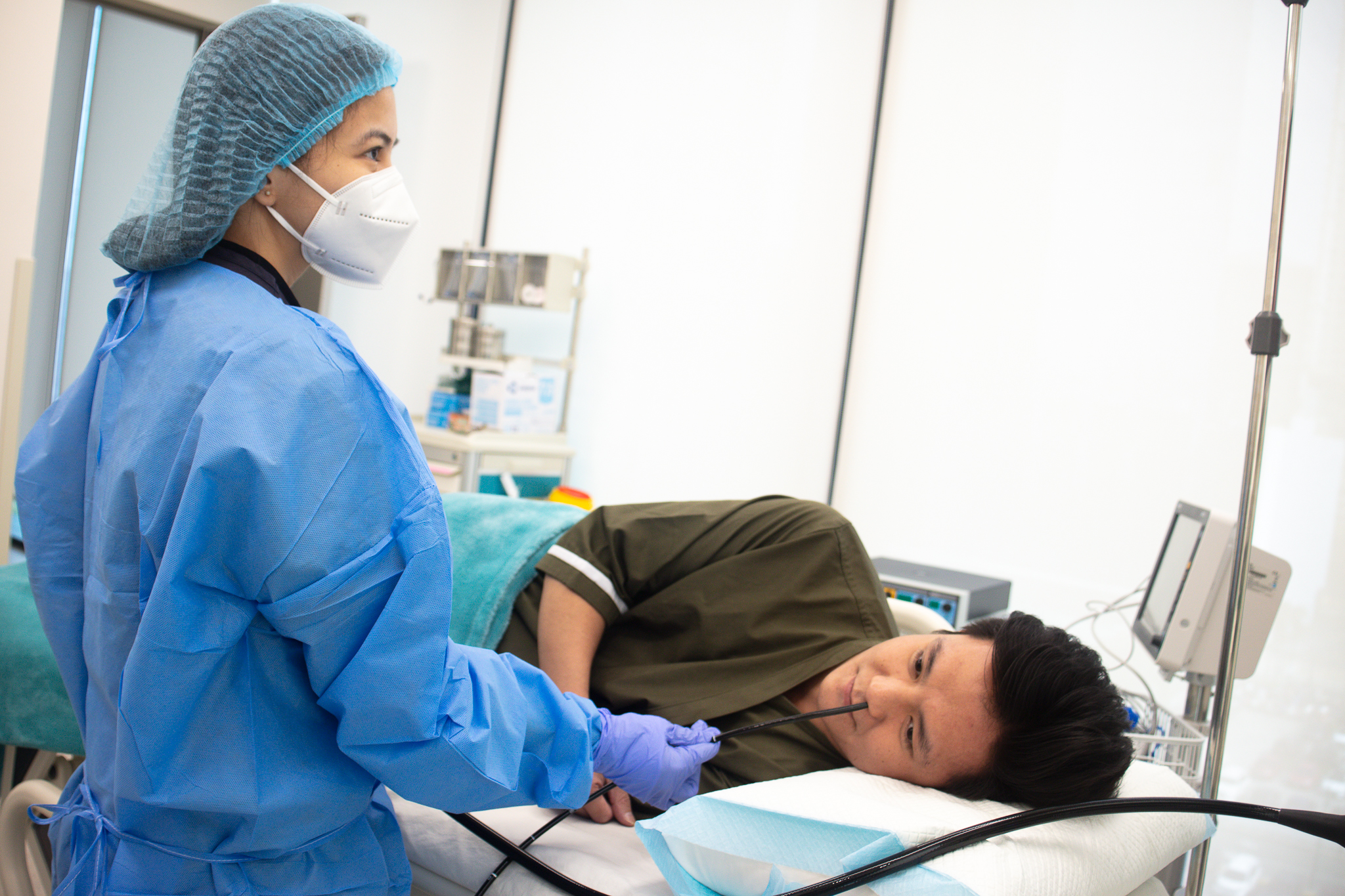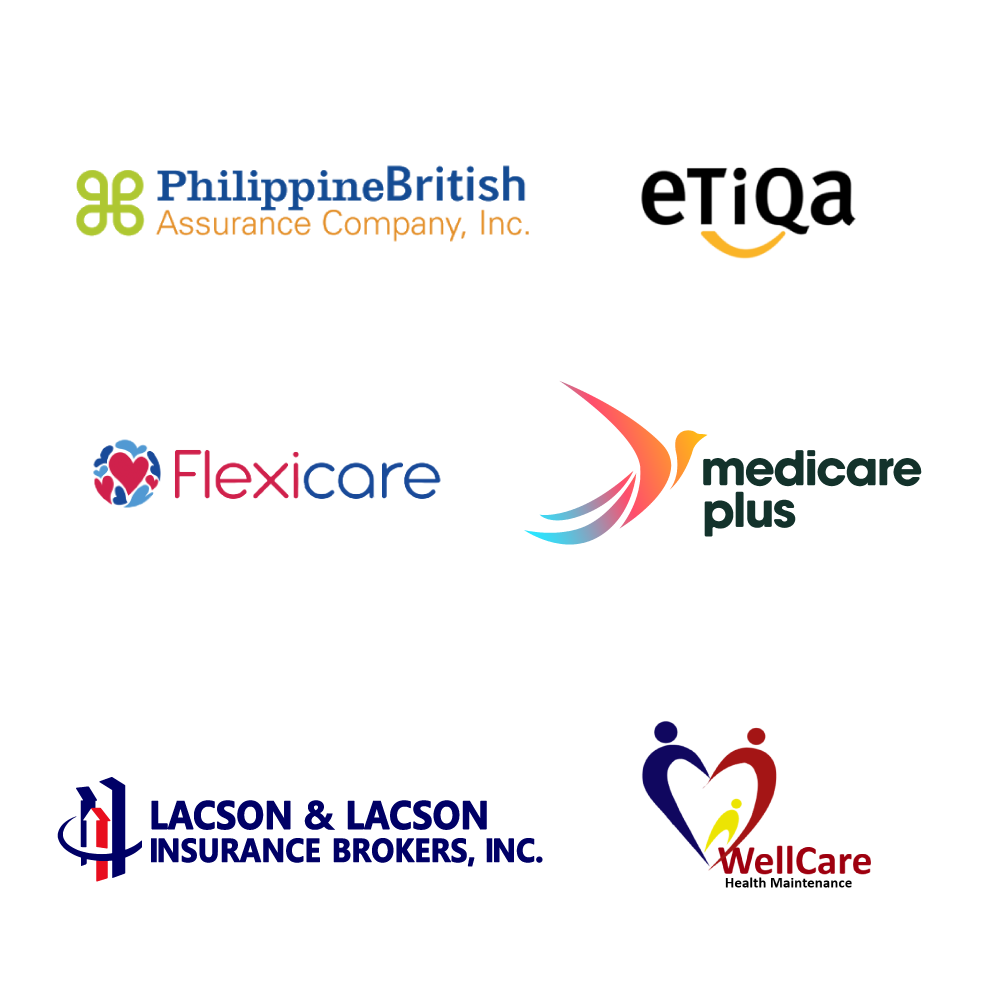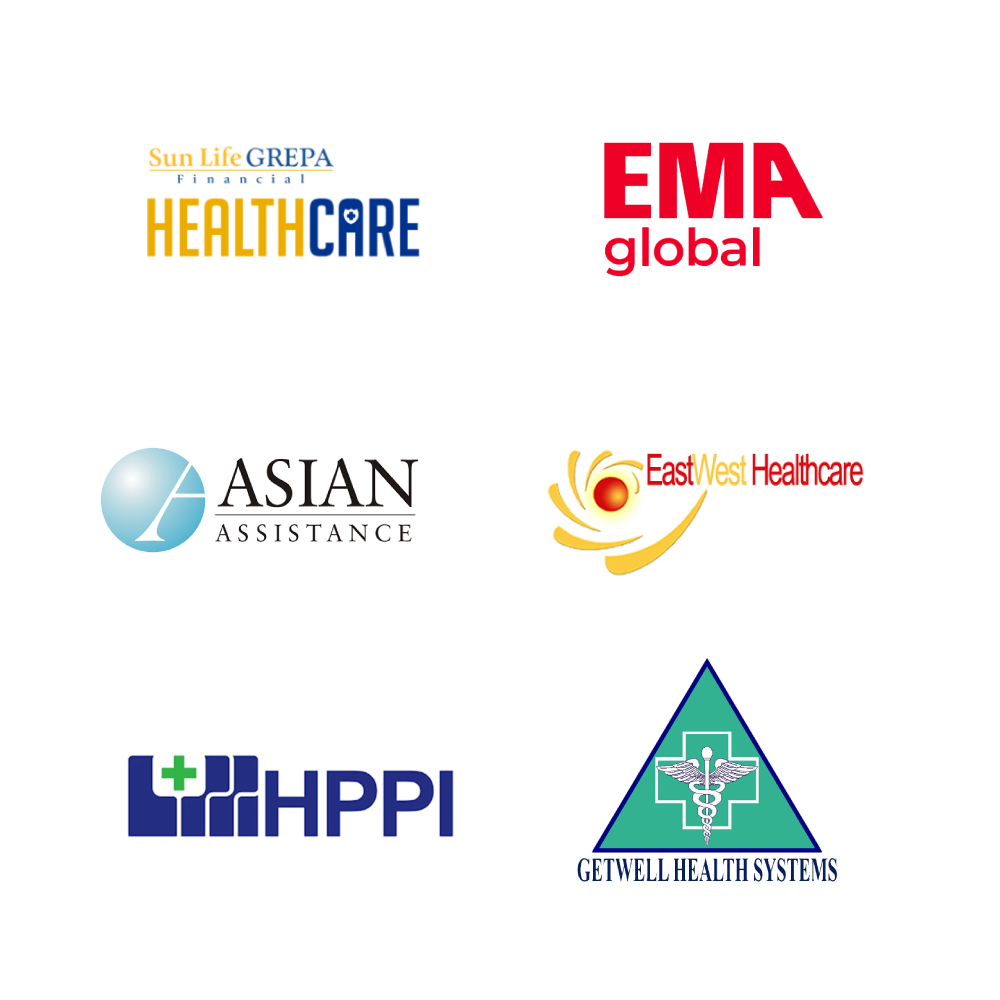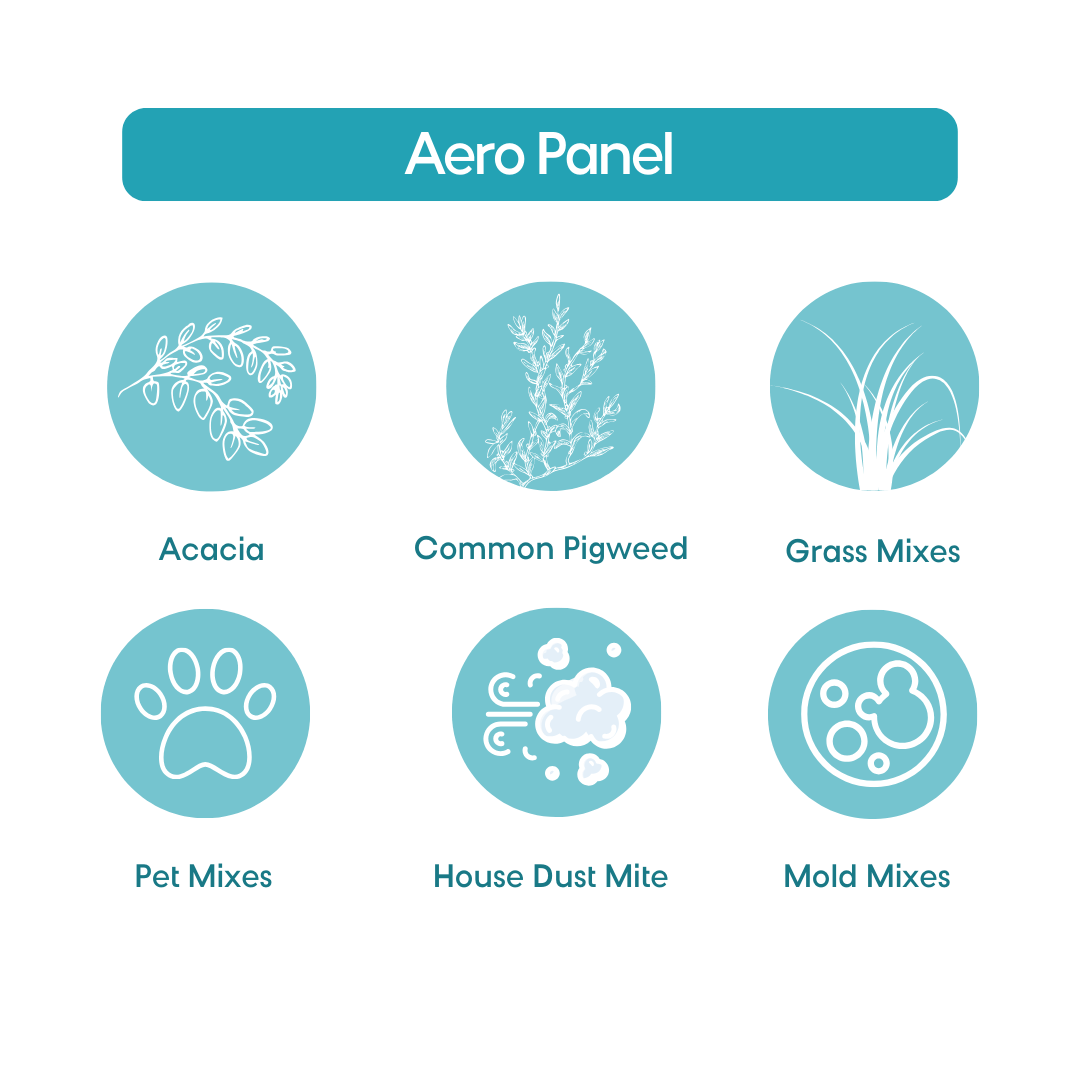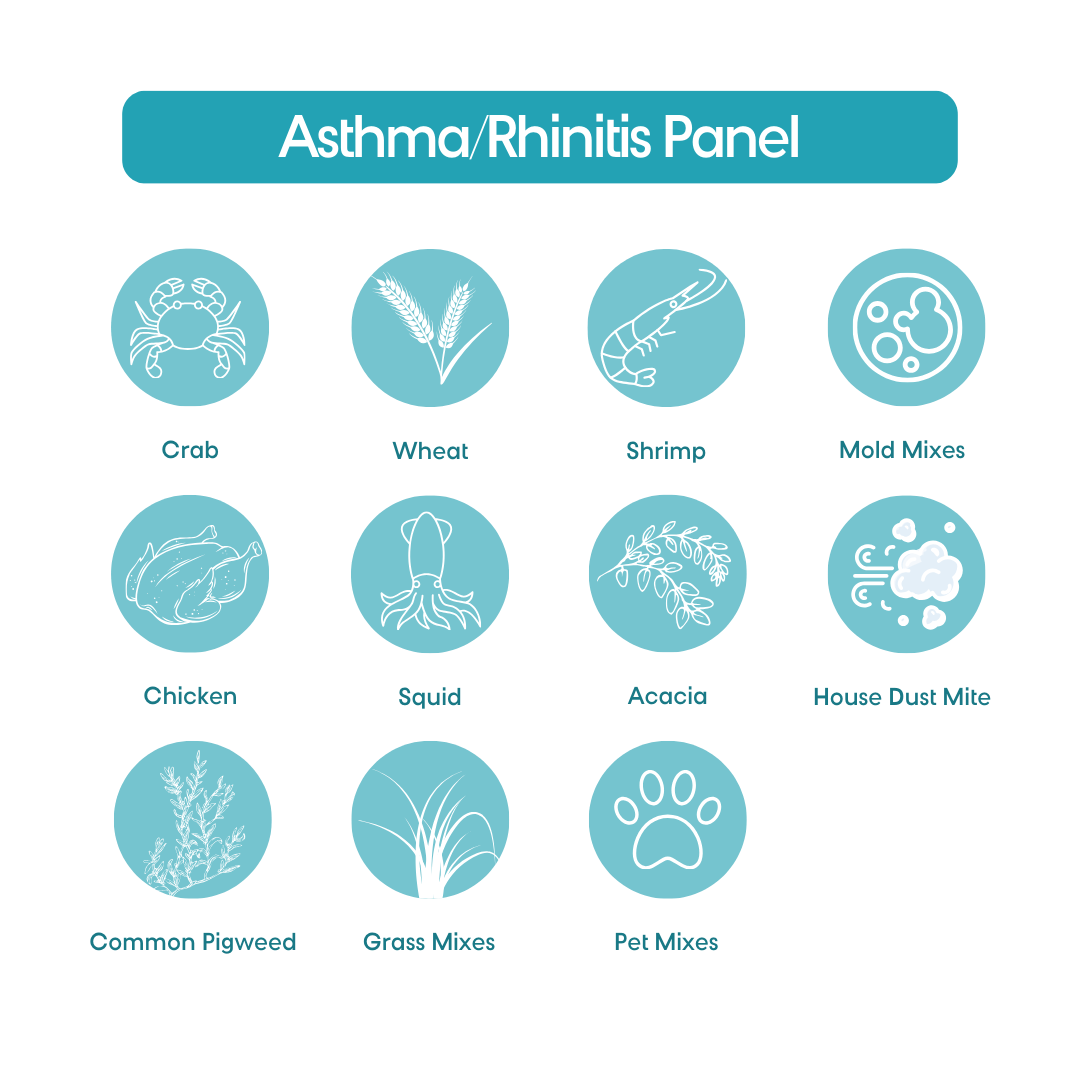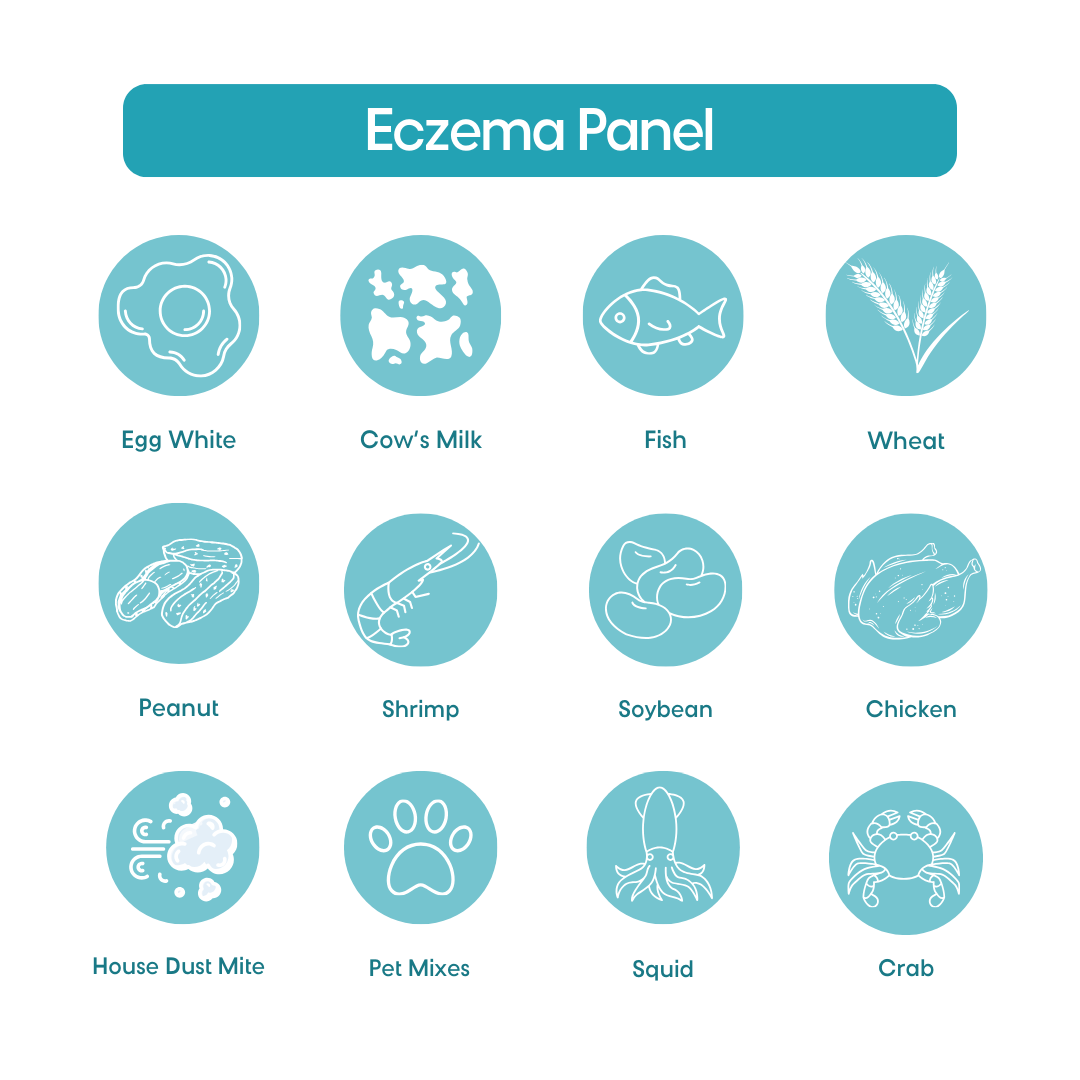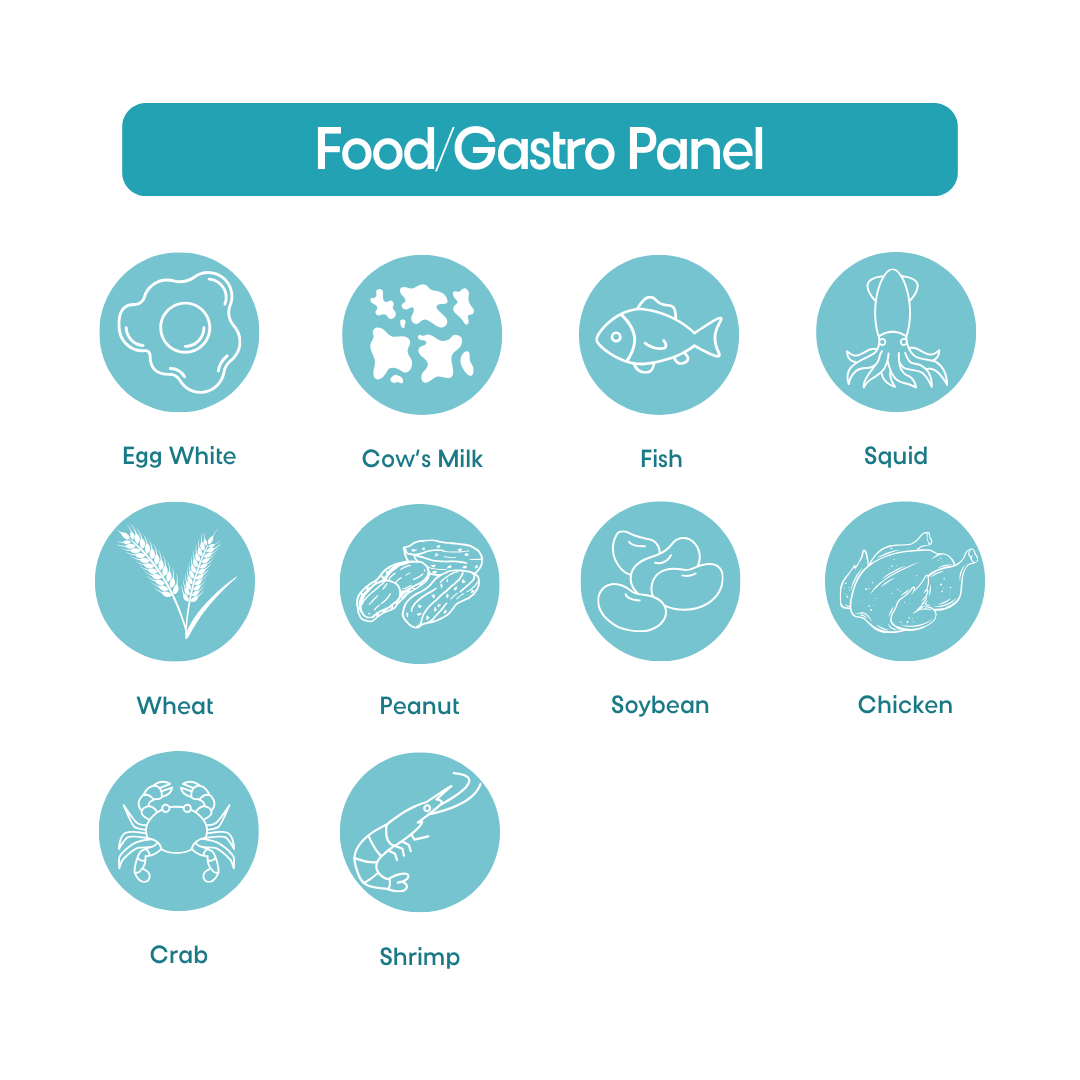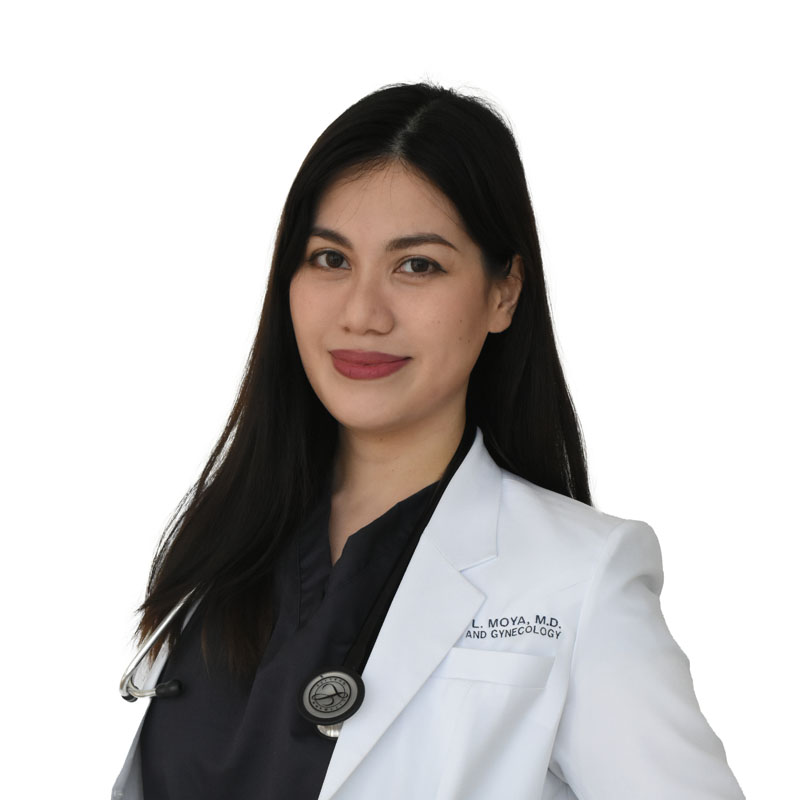
MARIA THERESA S. BUENAFLOR, M.D., FPCR
Specialty
Breast Radiologist
Medical School
University of Santo Tomas
Internship
St. Luke’s Medical Center – Quezon City
Residency
St. Luke’s Medical Center – Quezon City
Fellowship
St. Luke’s Medical Center – Quezon City
Certifications
Contrast-Enhanced Spectral Mammography (2014)
Digital Breast Tomosynthesis (DBT) Interpretation and Performing Tomosynthesis-guided Biopsy (2015 and 2016)
Affiliations
Breast Radiologist, Asian Breast Center, Centuria Medical Makati
Breast Radiologist, Women’s Center, Health Cube Advanced Medical Imaging Unit
Memberships
Corresponding Member, European Society of Radiology (ECR)
International Member, Korean Society of Radiology (KSR)
International Member, European Society of Medical Oncology (ESMO)
Local Specialty Board
Philippine Medical Association (PMA)
Local Sub Specialty Board
Philippine College of Radiology (PCR)

